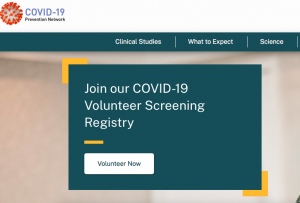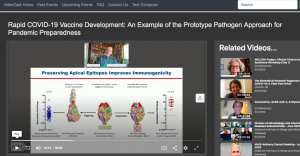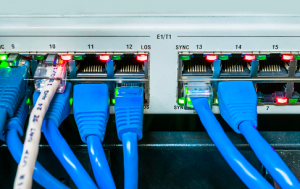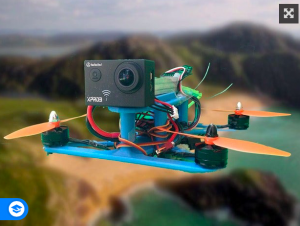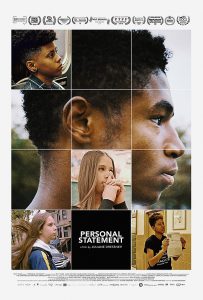Thrilled to be starting work with the AnVIL and the curriculum development team to bring the power of this computational genomics research system to students and teachers all across the country! Through Johns Hopkins University and NIH’s genome research branch (NHGRI), college faculty from around the country are coming together to design curriculum and classroom lab exercises to teach students how to use this powerful data resource.
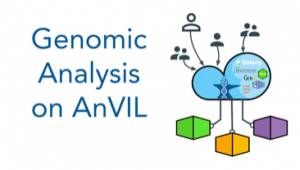
What would you like to do with genetic data? What would you like to investigate? Send in your questions or project suggestions for consideration!
What is AnVIL?
The task of turning the masses of generated biology healthcare data into useful information has been a problem since the advent of genetic sequence data production. With exponential increase in genomic data produced over the last 10 years, researchers are swimming in data. Without a centralized system for storing data generated in labs, datasets were not freely comparable because of silo-like storage. AnVIL, a data storage project sponsored by the NIH’s NHGRI uses Google cloud storage to serve anyone interested in computational genomics research.
This means students, teachers, and anyone curious who has internet access large data sets and run analytic programs. The promise of the internet breaking down barriers to information is finally being realized for genetics data.

